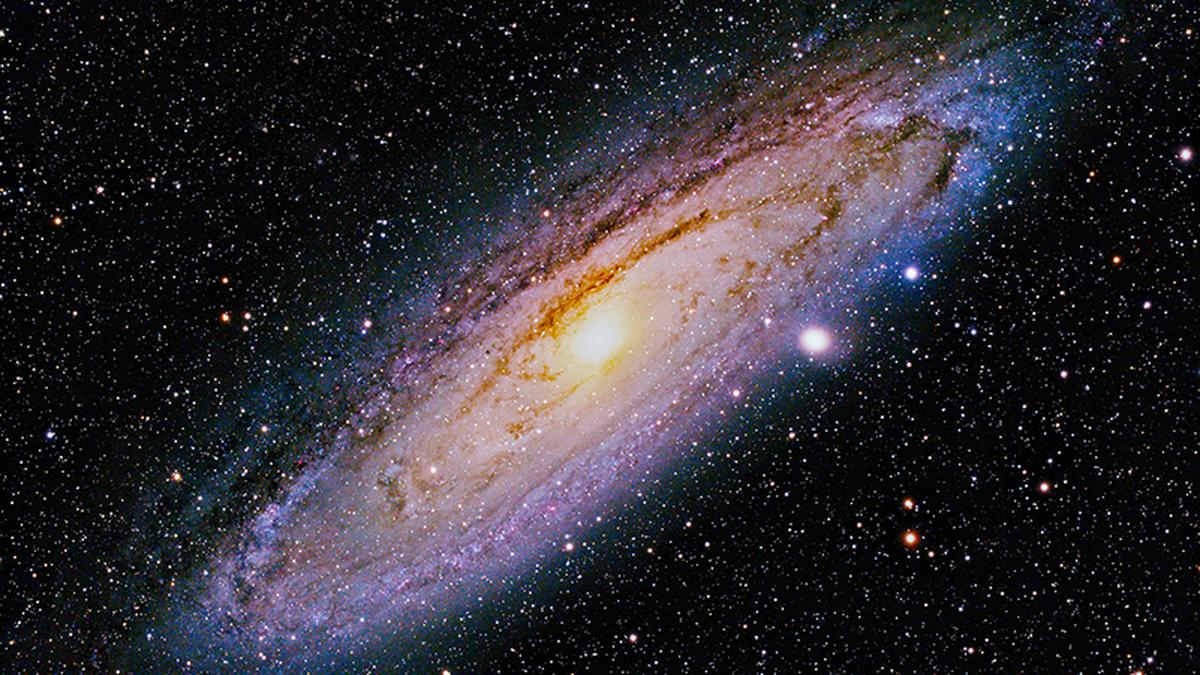
Physicists find the first law of thermodynamics is even more useful than thought
The Hindu
Physicists from the West Virginia University have provided new insight into the first law of thermodynamics.
Laws of physics often enjoy a place of privilege and certainty, but every once in a while, a new study comes along that challenges our understanding of these laws.
Physicists from the West Virginia University have provided novel insight into the first law of thermodynamics, expanding its scope and thus its explanatory power.
The first law of thermodynamics states that the total amount of energy within the universe always remains the same. Energy can neither be created nor be destroyed; it can only be converted from one form to another.
“Suppose you heat up a balloon, the first law of thermodynamics tells you how much the balloon expands and how much hotter the gas inside the balloon gets,” Paul Cassak, the lead author of the study, said in a press release. “The key is that the total amount of energy causing the balloon to expand and the gas to get hotter is the same as the amount of heat you put into the balloon.”
The researchers’ paper, published in the journal of Physical Review Letters, focuses on how the first law can be applied more widely than previously thought.
The first law hinges on the fact that it is valid only in systems where temperatures can be defined properly — i.e. systems that can reach a measurable equilibrium. When hot water is mixed with cold water in a cup, the mixed water will reach an in between and final temperature. Throughout the years, the first law has only been able to be applied when there isn’t much of a difference in the temperatures between the systems and not when there is a large difference in temperature.
The new study attempted to remedy this by examining how energy is converted in superheated plasmas in space. “We generalised the first law of thermodynamics for systems that are not in equilibrium,” said Dr. Cassak. “We did a pencil and paper calculation to find how much energy is associated with matter not being in equilibrium, and it works whether the system is close to or far from equilibrium.”





















 Run 3 Space | Play Space Running Game
Run 3 Space | Play Space Running Game Traffic Jam 3D | Online Racing Game
Traffic Jam 3D | Online Racing Game Duck Hunt | Play Old Classic Game
Duck Hunt | Play Old Classic Game







